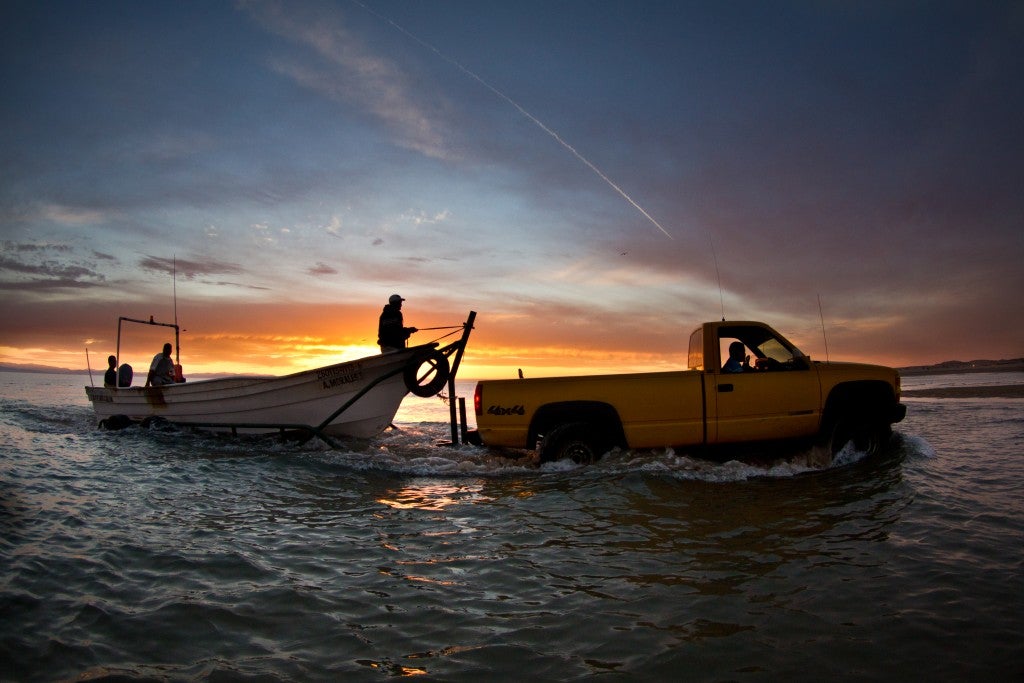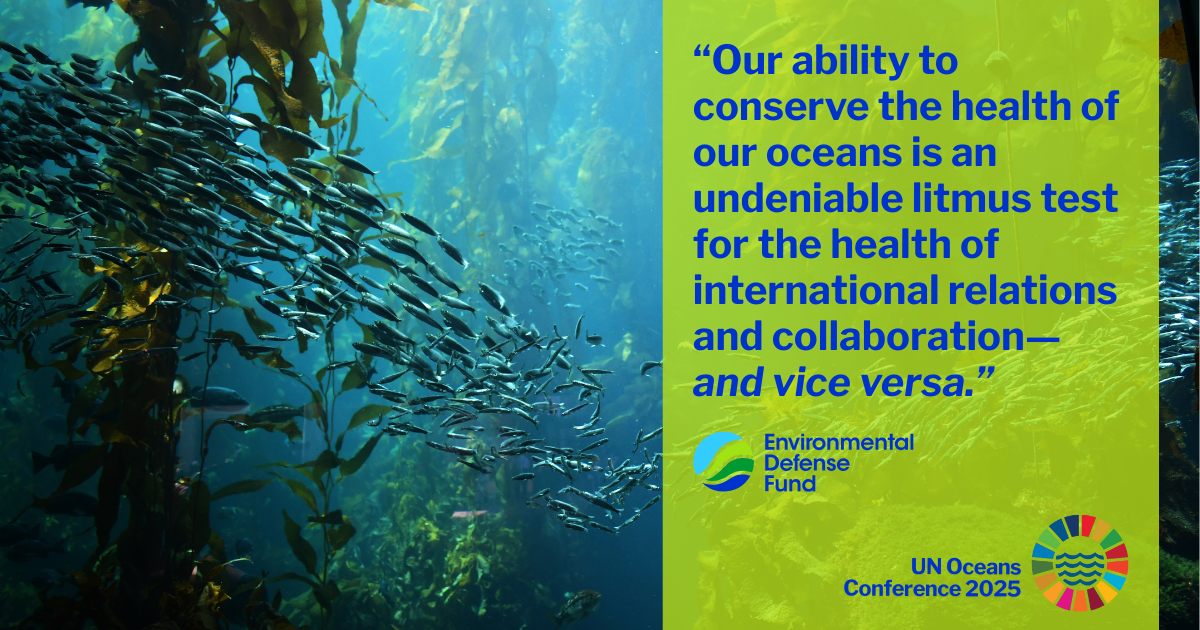The time is now: Solutions for lasting change in Upper Gulf of California

We are deeply concerned about the future of the vaquita marina, a small porpoise endemic to Mexico’s Upper Gulf of California. Long on the brink of extinction, the vaquita is facing an additional threat due to rampant poaching of an endangered fish – the totoaba – whose swim bladder is prized in Asian cuisine, and whose future is also imperiled. The situation is now dire with scientists estimating that fewer than 60 vaquita may now exist, escalating the urgency for action. Not only are the futures of vaquita and totoaba at stake, but also the future of thousands of legal fishermen whose livelihoods are uncertain as the government proposes management changes to address the threats to vaquita.
In July, President Peña Nieto and President Obama called for a permanent ban on gillnets in the Upper Gulf region where vaquita are found, the development of alternative gear to ensure that legal fishing in the Upper Gulf does not interact with vaquita, and bilateral coordination on enforcement to eliminate illegal trafficking of totoaba. The Mexican government has made initial strides, and this week the Mexican Senate Fisheries Committee convened Upper Gulf stakeholders to provide a platform for discussion of the critical issues at hand.
We commend both governments for understanding the urgency and importance of these issues, and for announcing efforts focused on fisheries gear improvements. However, these actions alone are not enough. What’s most important is to end the illegal poaching of totoaba. As long as poaching continues, vaquita continue to risk death as a result of entanglement in totoaba nets and further, the already depleted totoaba population will continue to decline.
We are working with a group of committed experts and stakeholders to develop innovative solutions that get to the root of the problem – ending illegal poaching. Systemic changes are needed, including solutions that create consequences for illegal action while rewarding good performance. Further, solutions are needed to deter poaching, eliminate corruption in the enforcement process, and ensure justice is brought to bear. There also needs to be a reduction of black market trafficking of totoaba swim bladders. Many of these solutions will require changes on the water, while some may also require cooperation across Mexican and U.S. borders and beyond.
While promoting solutions that end poaching, we will also work hand in hand with Upper Gulf communities to develop the strict measures – and means of transparent verification – to ensure that legal fisheries do not cause direct harm to vaquita or provide cover for illegal poaching of totoaba. This will include focus on the curvina fishery, one of the most economically important finfish fisheries in the Upper Gulf which has improved performance through a science-and-rights-based management system.
Now is the time to solve these challenges. With new solutions involving the best science available, technology, and continued government and community commitment to change, we will have a vibrant Upper Gulf supporting a wide diversity of marine life, including the vaquita and totoaba, while providing stable livelihoods for thousands of people.












